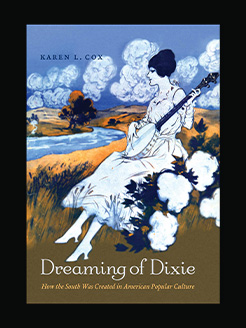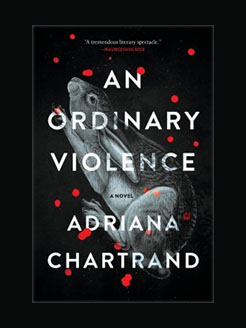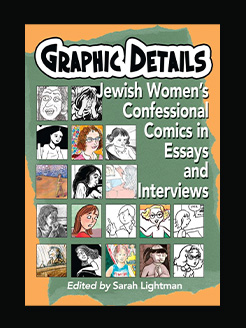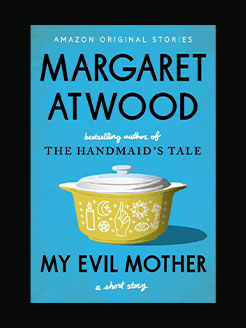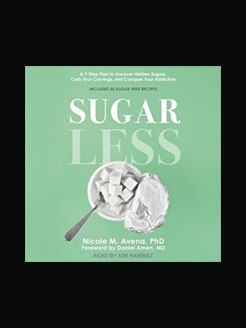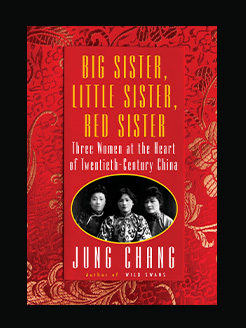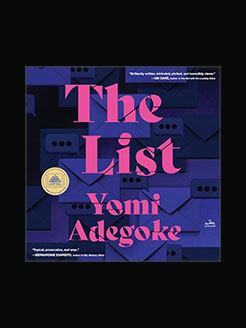Published in 1994 (first published 1965)
250 pages
Pauline Kael was an American film critic who wrote for The New Yorker magazine from 1968 to 1991. She was known for her “witty, biting, highly opinionated, and sharply focused” movie reviews. She approached movies emotionally, with a strongly colloquial writing style. She is often regarded as the most influential American film critic of her day and made a lasting impression on other major critics including Armond White and Roger Ebert, who has said that Kael “had a more positive influence on the climate for film in America than any other single person over the last three decades.”
What is this book about?
Published in 1965, this is Pauline Kael’s first book. It is at once her most uncharacteristic volume of essays and one of her most interesting. Rather than trace recent movie openings on a week-by-week basis, Kael here recalls classics by Ophuls, Renoir, and Bergman and comments on some of the international masterpieces of the early ’60s. She also meditates on the state of the art in provocatively titled pieces like “Are Movies Going to Pieces?,” “Fantasies of the Art House Audience,” and “Is There a Cure for Film Criticism?” Few movie reviewers of any generation can match her wit or intelligence. And almost no one can equal her passion for an art that had such an indelible impact upon her life; Kael’s treatment of Vittorio De Sica’s masterpiece Shoeshine is perhaps the most intimate and beautiful movie review ever written.
helpful review from Sketchbook on goodreads:
Remember when movies were worth seeing ?
Kael on “Lolita” (Kubrick) : “A black slapstick..it’s so far out that you gasp as you laugh.” It reminds her of the great Preston Sturges pix.
On Fellini/ Antonioni: “Nothing seems more shallow than the dissatisfaction of the enervated rich; nothing is easier to attack.”
On “The Cousins” : Here’s “Chabrol’s almost extravagant command of the medium.”
On “West Side Story” : Boobs and wiseguys, she asserts, try to impress with their seriousness. When the always boring Stanley Kauffmann calls it the best musicom ever made, The Kael snorts. The best are those which celebrate high spirits, giddy romance and light satire like “Singin’ in the Rain,” she counters.
On “A View from the Bridge” : “Arthur Miller’s intention is to create tragedy; but what we see is a man behaving so insanely that we keep wondering why he wasn’t put away.”
On “Breakfast at Tiffany’s” : “Patricia Neal is amusing in a rather impenetrable role — she seems to be a playing a lesbian and she’s also keeping George Peppard. I don’t think it’s wise to let the mind linger too long over that.”
Then the bugaboo, The Auteur Theory : This you must read, for The Kael is a Killer here. “What is all this nonsense about?” she asks most sensibly, noting that any film involves a team and Golden Age directors were simply assigned films. With deadly accuracy, she demolishes auteurism.
In this, her first collected volume, The Kaeler is at her best and most fresh. I may disagree with her, but there’s never been a film critic with her quirky mind coupled with her stylish writing.
Of the films being made today, to satisfy the greed of multinational companies in 3rd World Countries and our own uneducated, what can one say? We need Kael’s voice today, but critics are afraid their publishers will fold! The rest is silence – and grade-C movies. Here’s Kael at her best, before she was corrupted (late 70s) by Warren Beatty.
